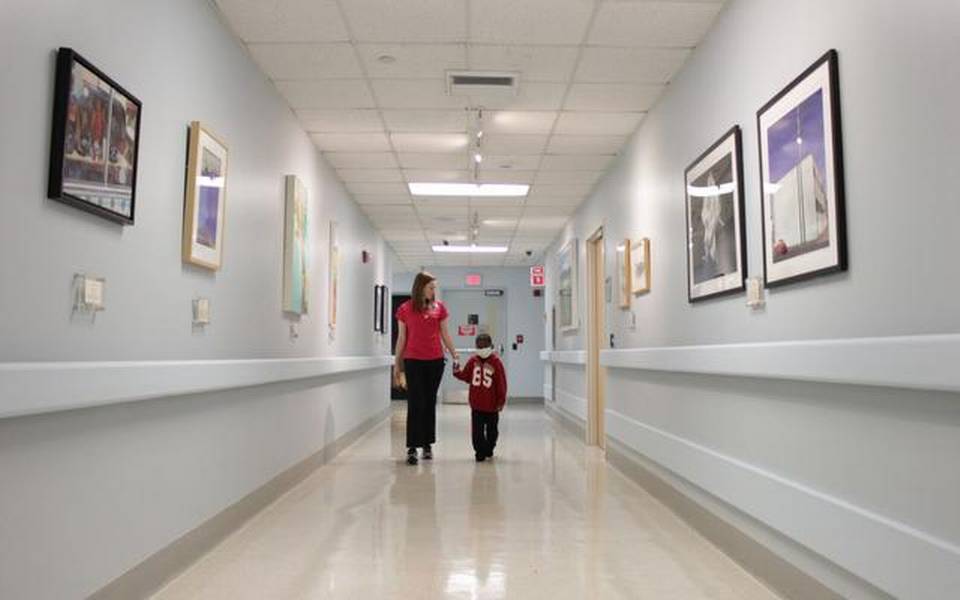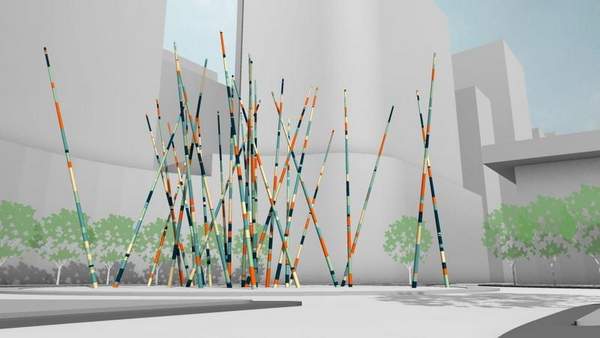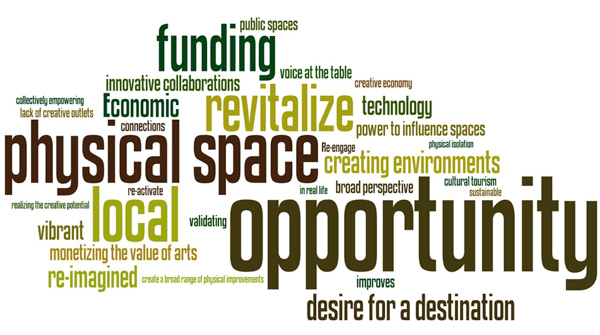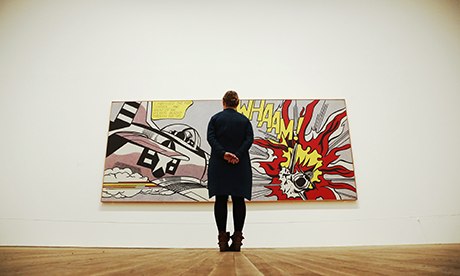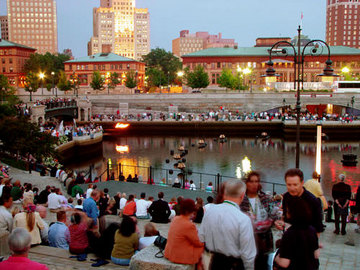
“Patients, especially those anxious about undergoing procedures and tests, respond well to the visual stimulation, finding it reduces their stress. And despite the fact that many hospitals face budget shortfalls, they often can purchase or commission art through funds supported by donations, or those built into budgets for new construction.”
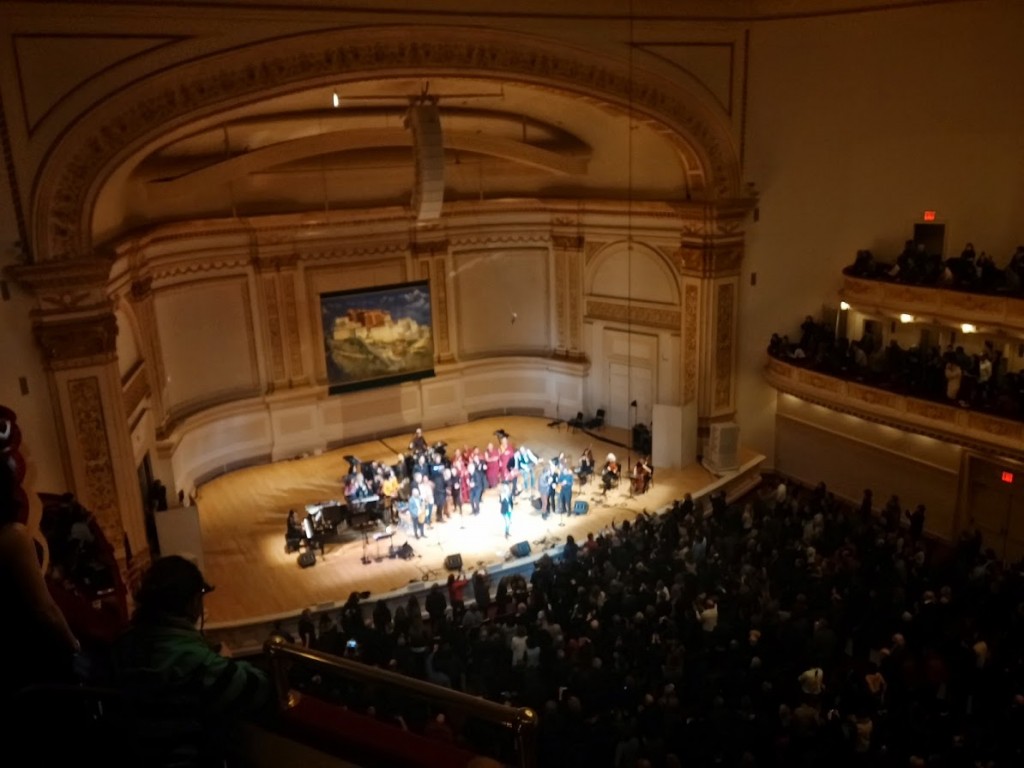
“The arts and cultural industries provide jobs, attract investments, and stimulate local economies through tourism, consumer purchases, and tax revenue. Perhaps more significantly, they also prepare workers to participate in the contemporary workforce, create communities with high appeal to residents, businesses, and tourists, and contribute to the economic success of other sectors.”

“Shining a spotlight on art and cultural relationships and business provides a better understanding between people of diverse nations. The quest for better communications through the arts help define businesses. By associating with the arts, businesses have discovered that their brands are enhanced and increase their reach and in the end their profitability.”
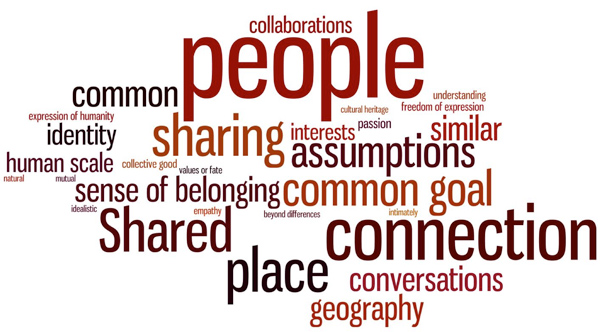
“Rural America is undergoing a profound economic restructuring, and many small towns have turned to their cultural and arts assets as sources of new economic development and a hook for retaining and recruiting young talent. Regional site visits to Wilson and Kinston, North Carolina, provided ideas and inspiration for arts revitalization strategies.”

“The arts are essential to the health and vitality of our communities and our nation. They improve the quality of life in our cities and town. They enhance community development; spur urban renewal; attract new businesses; draw tourism dollars; and create an environment that attracts skilled, educated workers and builds your third millennium workforce.”
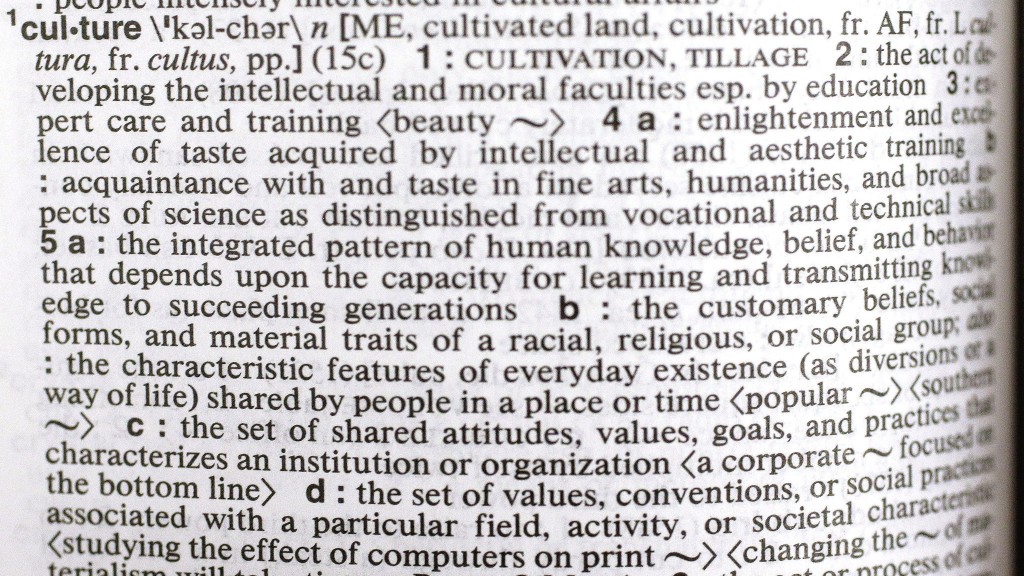
“The culture of a community significantly shapes debate and action that lead to development. Local culture also presents unique options for locally based economic, social, and other developments. Local understandings and interpretations of a community’s history reflect past events that feed into and are partially driven by the demands, sentiments, and interests of those in the present. This makes it crucial for community development practitioners to consider the cultural importance of efforts to improve local well-being.”
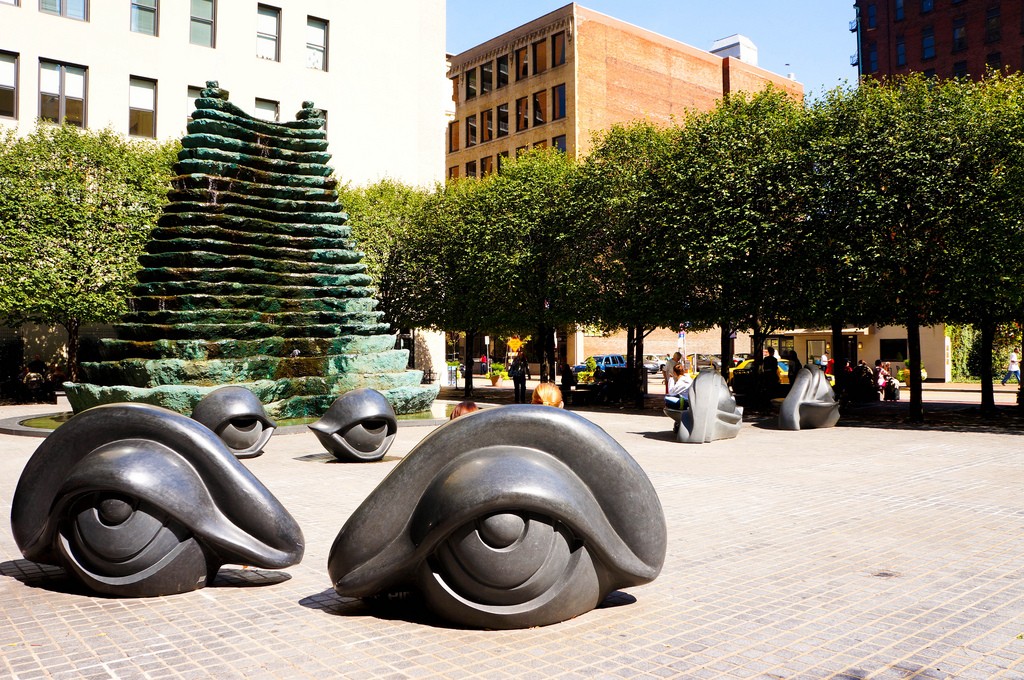
‘Art is not just for artists or relegated to galleries and museums. As Dr. Chu shared during her visit, “Nobody helps make a community distinctive and vital more than the arts – the new paradigm is arts and community vitality are so critical to one another – the arts are there for everyone, they are a part of our everyday lives.”‘
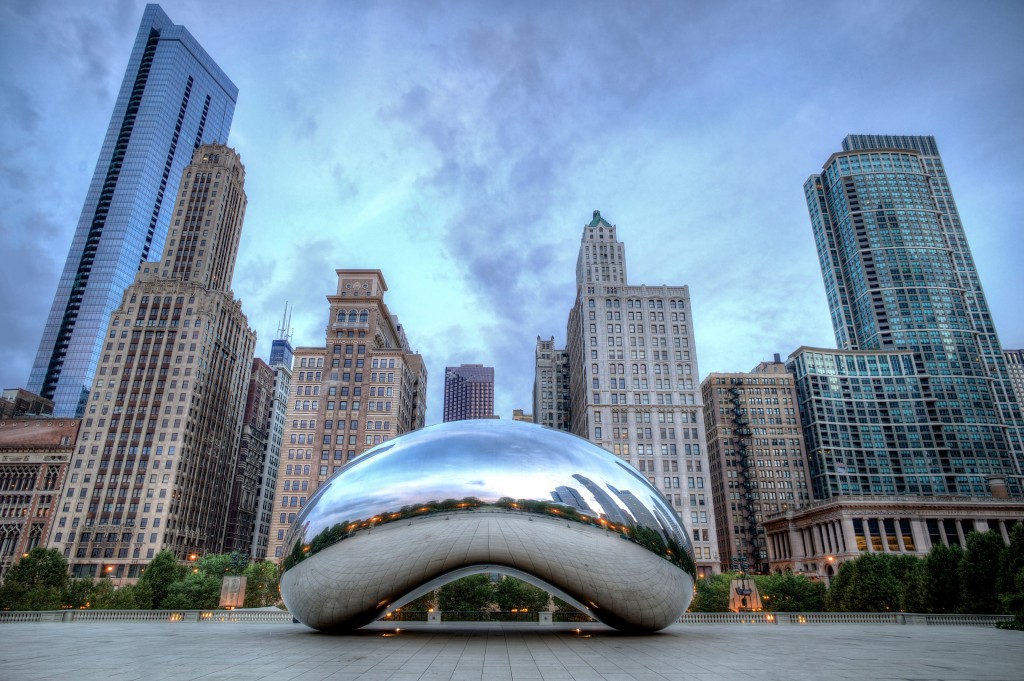
“Placemaking is the art of developing a public space that attracts people. In the process, it almost always pays economic dividends back to the community.”
“Places that incorporate local heritage and artists attract more tourists, and residents feel a stronger connection to such places. The Arts and Economic Prosperity III report from Americans for the Arts states that annual support in the arts generates a 7:1 return.”
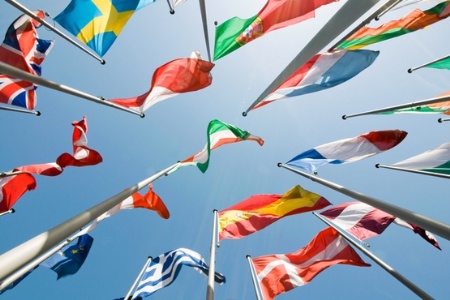
“It starts with the inherent value of culture, continues through all the social and educational benefits and only ends with the economic.”
“The inherent value of culture, its contribution to society, its symbiotic relationship with education and, yes, its economic power (but in that order) … this is what we call the holistic case for public support of arts and culture.”
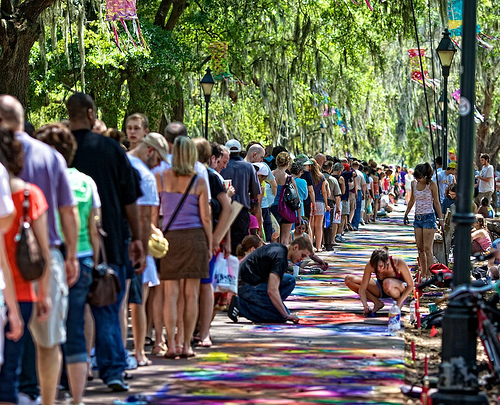
“The arts give people a creative voice, a path to leadership, a way to express shared values, and to create a shared experience working together toward meaningful outcomes. There is consensus among social scientists, historians, educators, and activists that it is exactly these kinds of experiences that helps to build community. Working in and through the arts becomes another way to help people meet the economic, ecological and social challenges of the future.”
